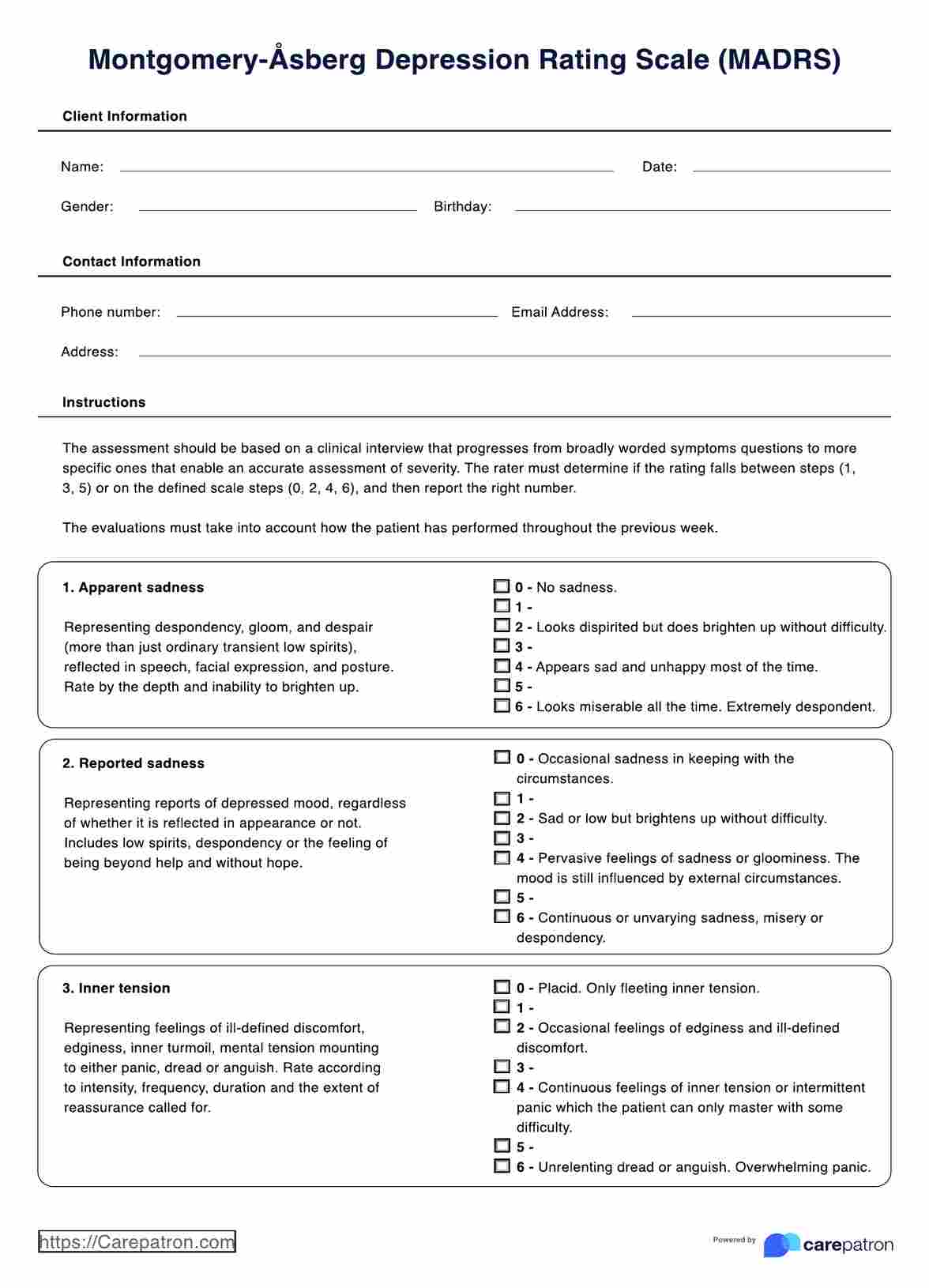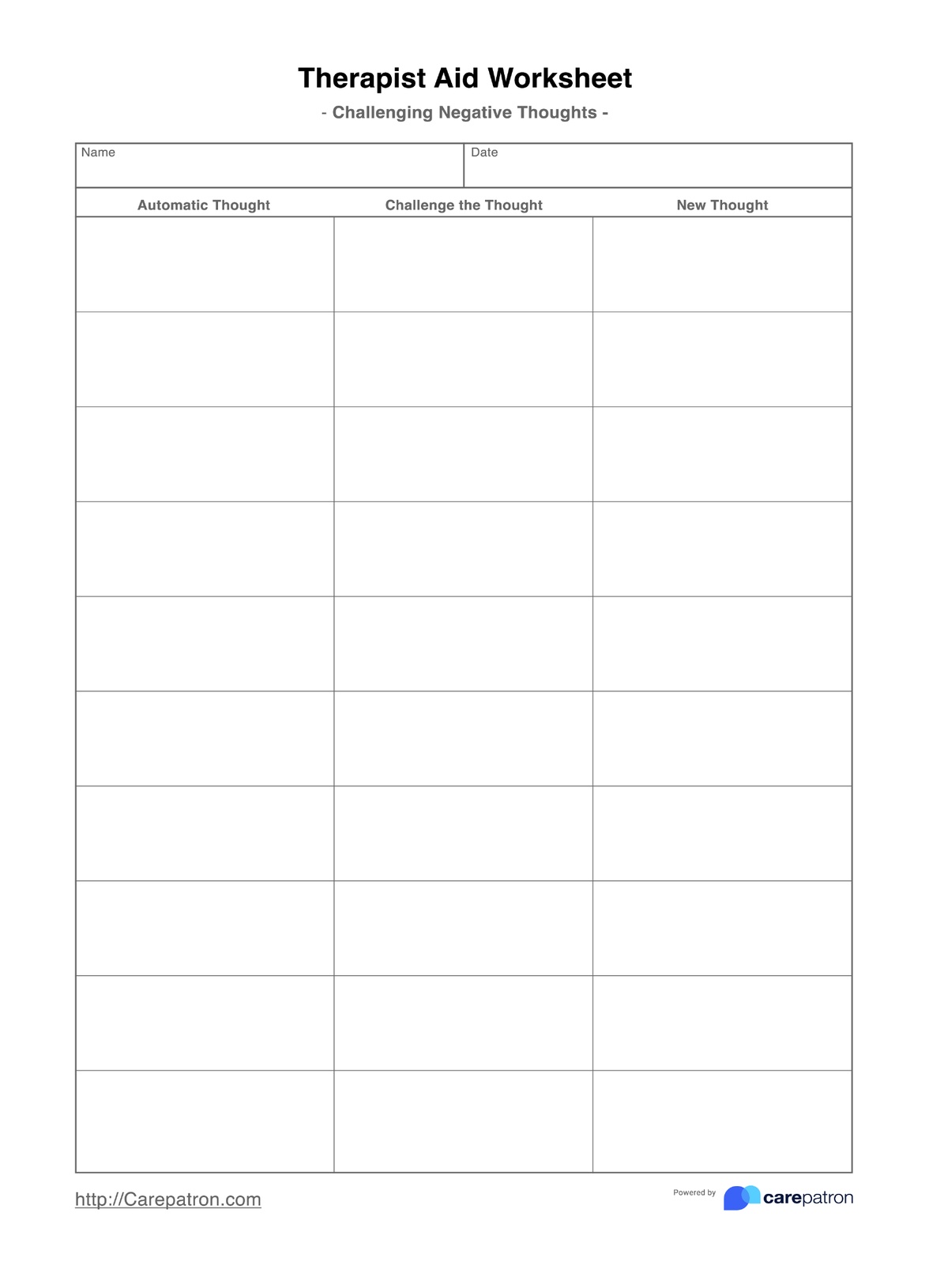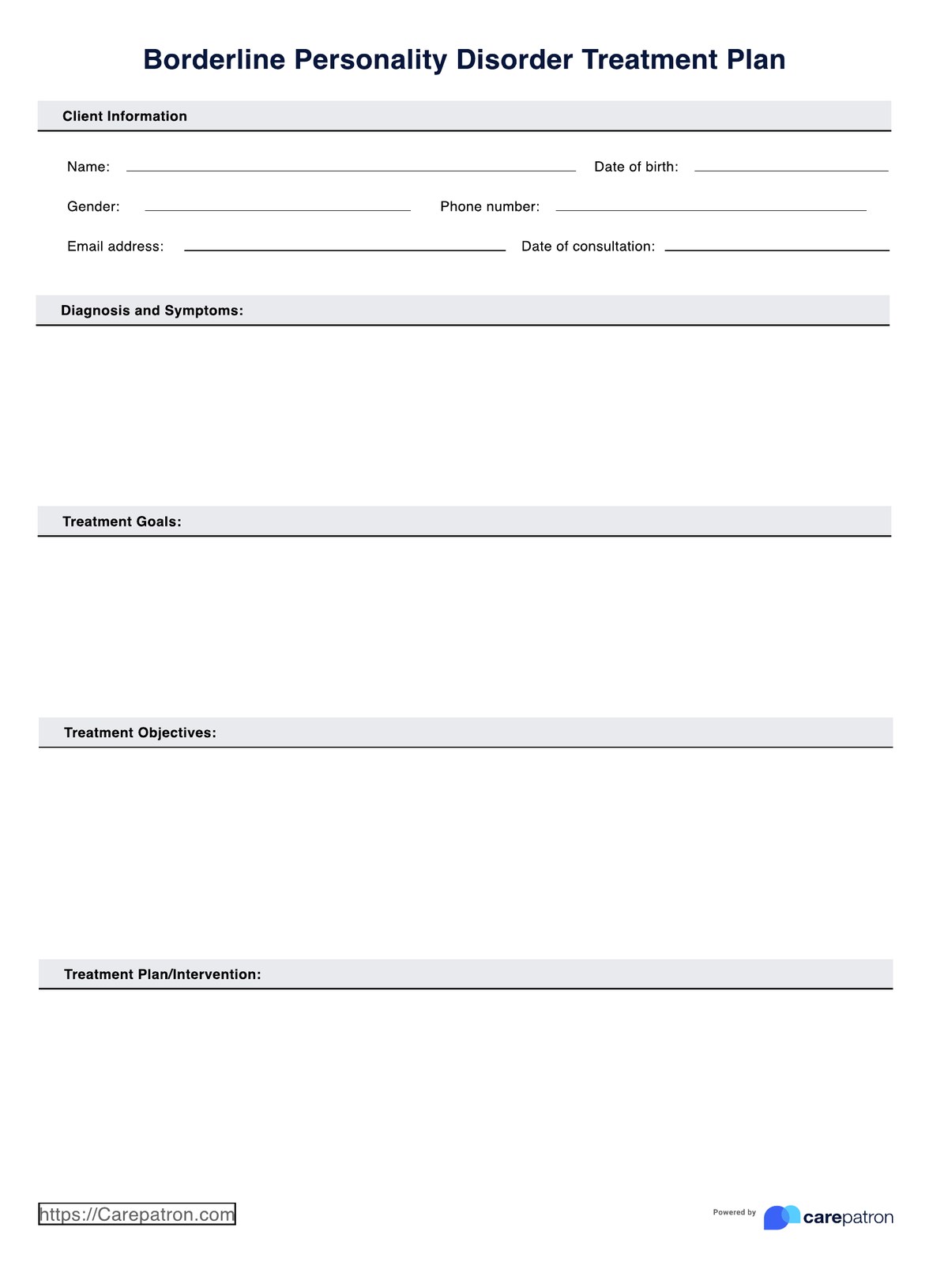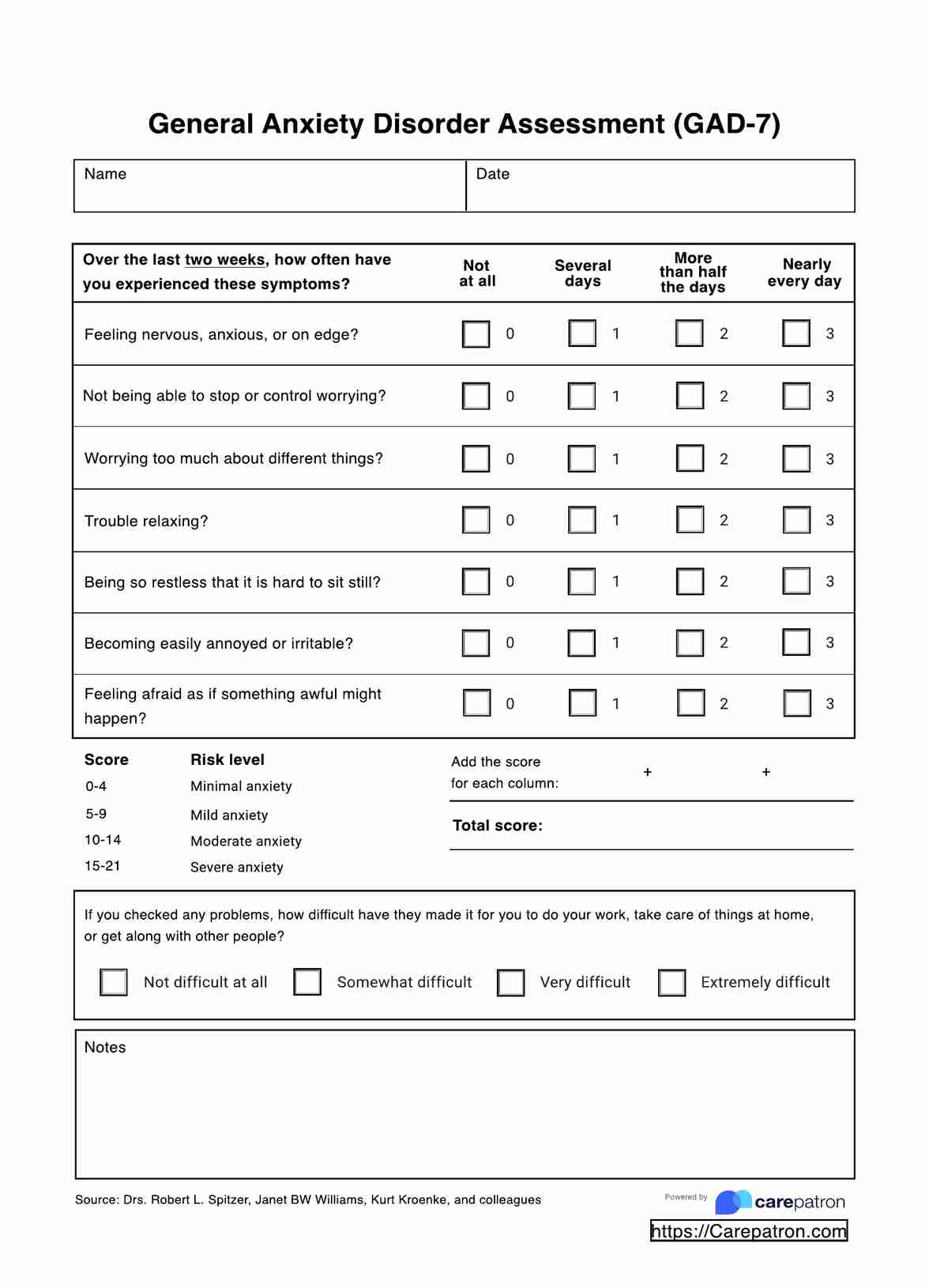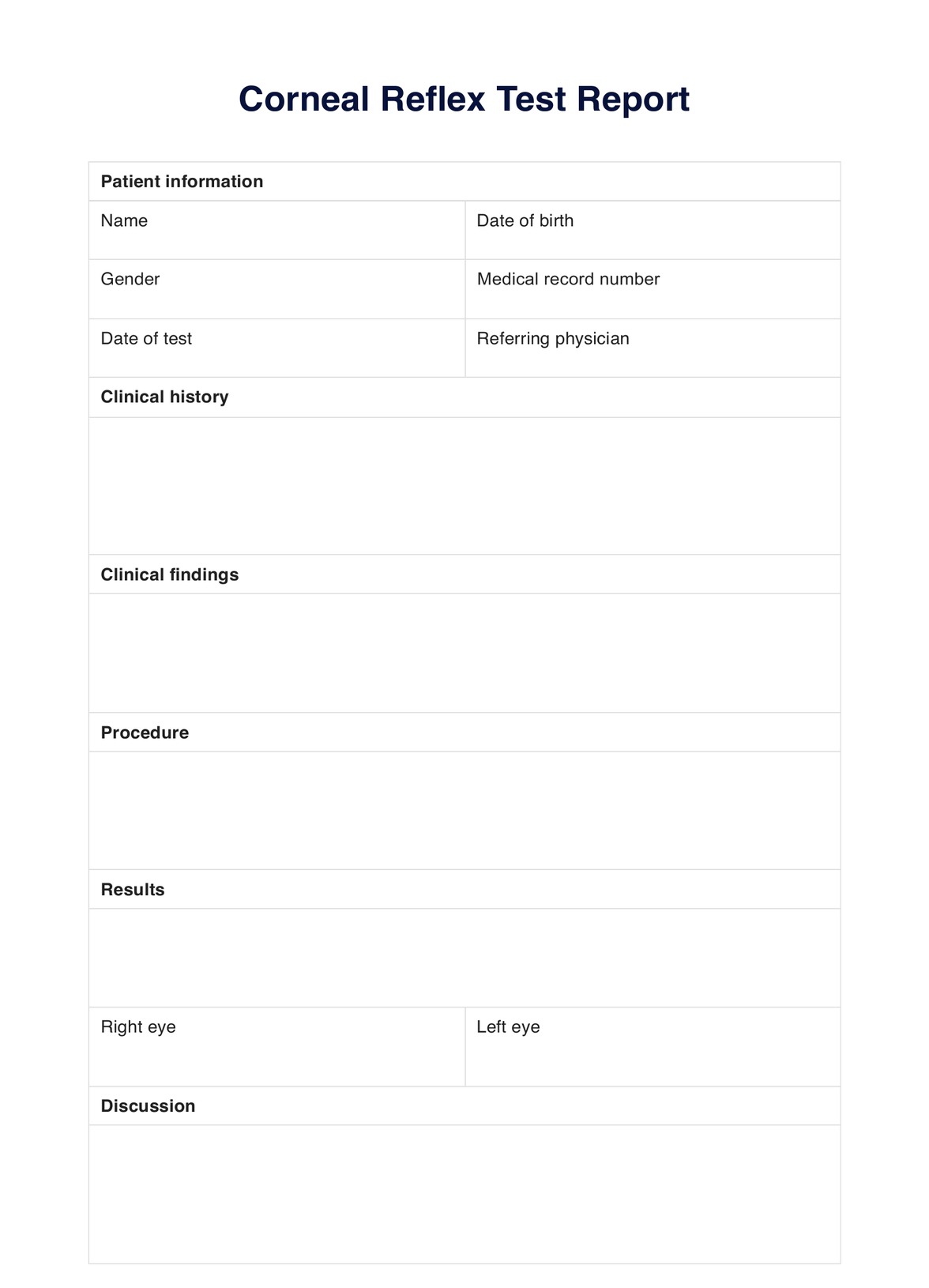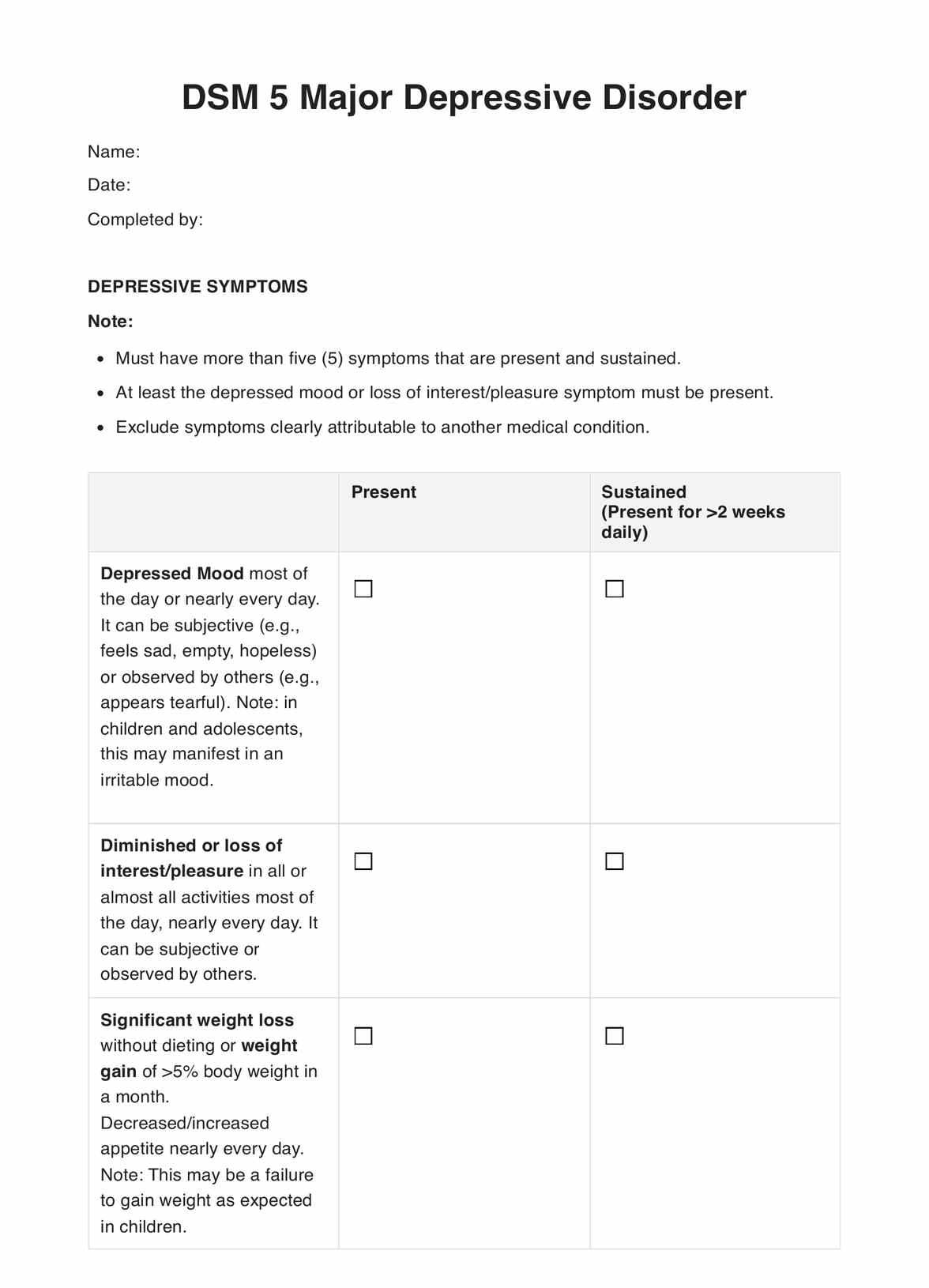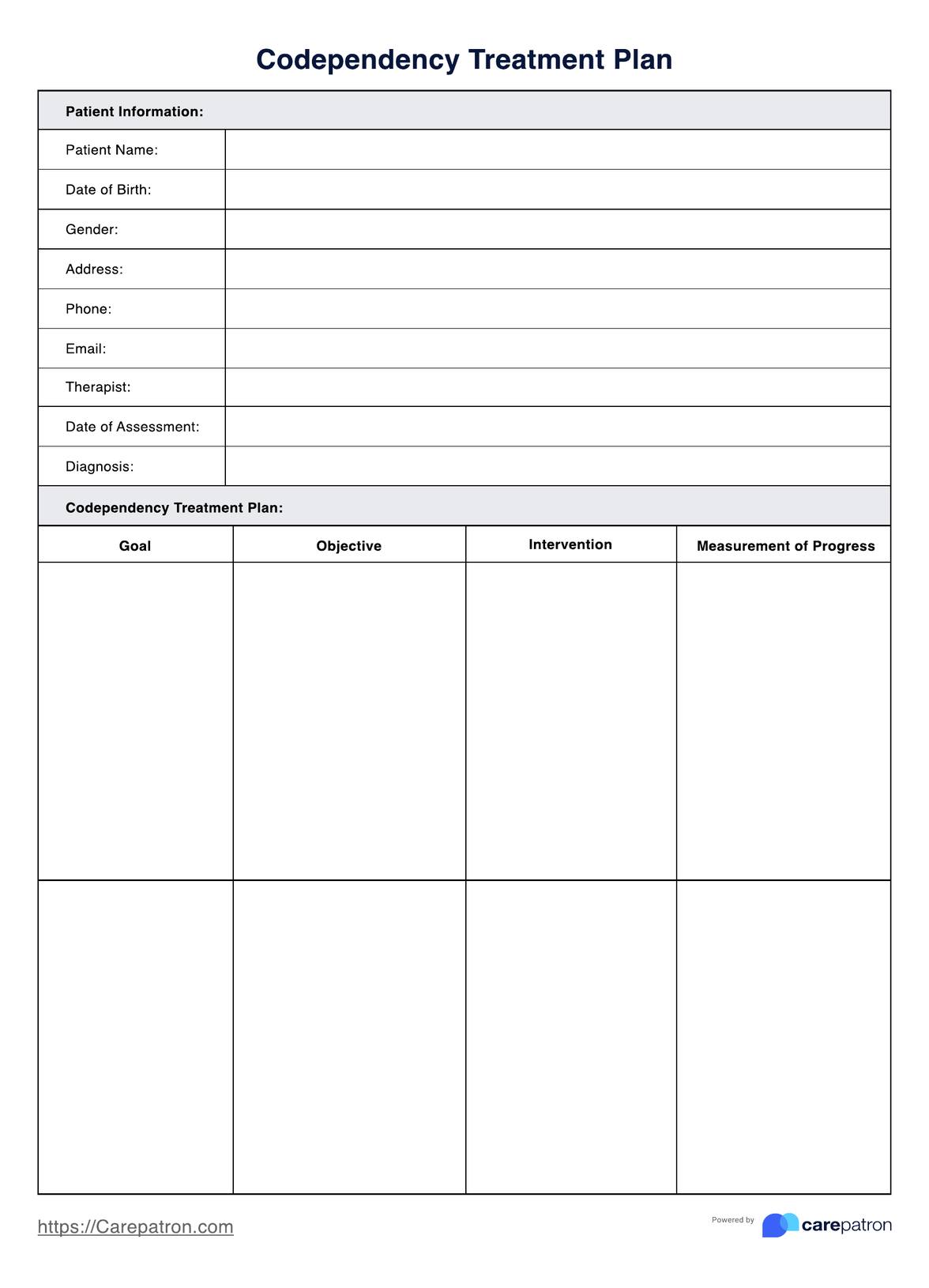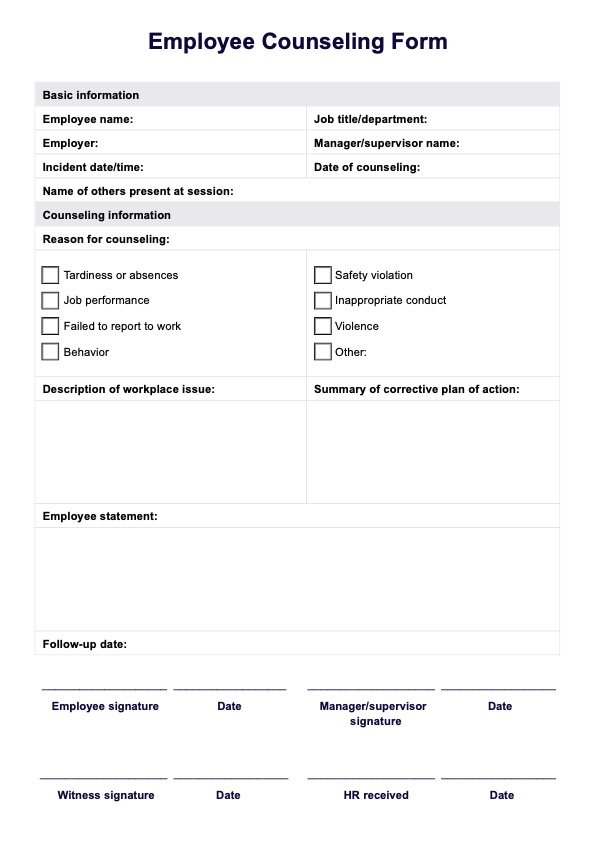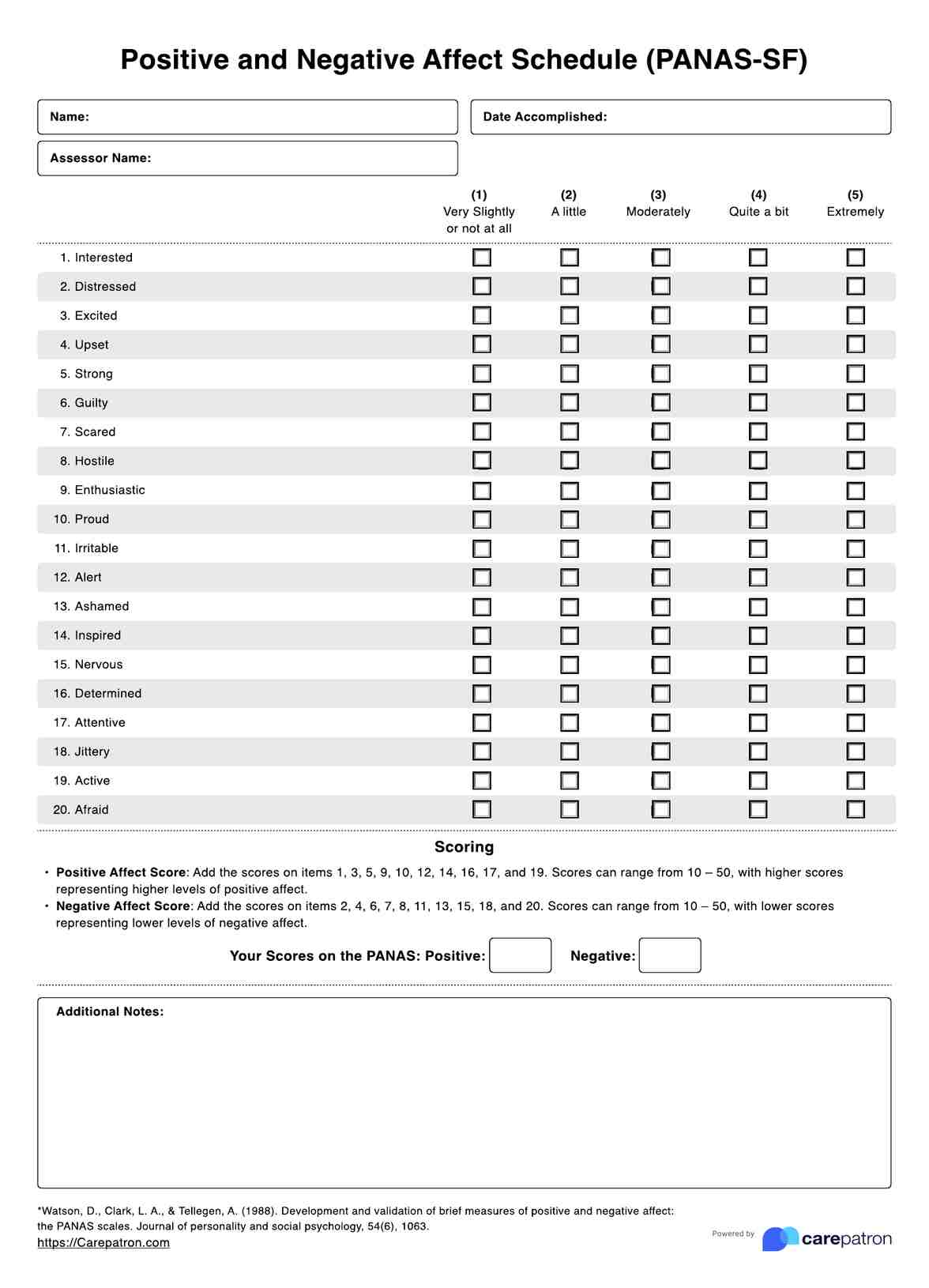Depression Screening
Use the free depression screening test to assess your mental health. Learn how and when to use it and understand the results!


What is a Depression Screening Test?
A Depression Screening Test is a structured questionnaire or assessment designed to help individuals evaluate their mental and emotional well-being, specifically regarding depressive symptoms. It serves as an initial and informal tool for self-assessment, allowing individuals to gauge whether they might be experiencing signs of depression.
Here are some key points to understand about a Depression Screening Test:
- Self-Assessment Tool: It is primarily a self-assessment tool, which means individuals can use it independently to reflect on their emotional state and experiences.
- Structured Questions: These tests typically consist of a series of structured questions. Respondents are asked to answer these questions based on their feelings and experiences over a specific time frame, usually the past two weeks.
- Standardized: Many Depression Screening Tests are standardized, meaning they have been developed and validated through research to ensure reliability and consistency in assessing depressive symptoms.
- Not a Diagnosis: It's essential to emphasize that a Depression Screening Test is not a diagnostic tool. Instead, it provides an indication or snapshot of a person's mental state at a particular moment. A high score on such a test does not confirm a diagnosis of depression but suggests the need for further evaluation by a mental health professional.
- Early Awareness: One of the primary purposes of a Depression Screening Test is to raise awareness. It can help individuals recognize potential signs of depression they may not have been aware of, fostering early intervention and support-seeking behavior.
- Confidentiality: Most Depression Screening Tests prioritize user confidentiality, ensuring that the results and personal information are secure.
Overall, a Depression Screening Test is valuable in initiating conversations about mental health, encouraging individuals to seek professional help when needed, and promoting early intervention to address depressive symptoms effectively. However, it should always be followed by a comprehensive assessment by a qualified mental health professional for an accurate diagnosis and appropriate treatment recommendations if required.
Depression Screening Template
Depression Screening Example
How does it work?
Mental health is a crucial aspect of our overall well-being, and recognizing signs of depression is essential to seeking help and support. A depression screening test is a valuable self-assessment tool that can help individuals gauge their emotional well-being.
Using a Depression Screening Test is a straightforward process designed to help individuals assess their mental health. Below are the steps involved in using and filling out the form:
Step 1: Access the Test
Access the depression screening test on our website. The test aims to provide an easy and accessible way for individuals to evaluate their mental and emotional well-being.
Step 2: Read Instructions
Once you have accessed the test, it's essential to read the provided instructions carefully. These instructions guide you on how to complete the test accurately and effectively. Understanding the guidelines ensures that your responses are meaningful and reflective of your experiences.
Step 3: Answer Questions
The depression screening test consists of questions assessing your mental and emotional state over the past two weeks. Answering these questions honestly is crucial, considering your feelings and experiences during that period. Your responses should reflect your emotional state accurately.
Step 4: Score Your Responses
After completing the test, you must score your responses according to the guidelines. Typically, the test assigns point values to "Yes" responses. By tallying your points, you can determine your risk level for depression. This scoring system helps categorize your symptoms and provides a general indication of your mental health status.
Step 5: Interpret Your Results
The results of the depression screening test will fall into different categories, such as mild, moderate, or severe depressive symptoms. These categories help individuals understand their current mental health status. It's important to note that while the test provides valuable insights, it is not a diagnostic tool. Instead, it serves as an indicator of potential depressive symptoms and the need for further evaluation.
Using a depression screening test can be a valuable first step in recognizing and addressing symptoms of depression. It promotes self-awareness and encourages individuals to seek professional help if needed. Remember that your results are not definitive, and you must consult a qualified mental health professional for a comprehensive assessment and appropriate guidance.
When would you use this test?
Self-Assessment
Individuals often use depression screening tests to self-assess. This involves taking the initiative to gauge their own mental and emotional well-being. Reasons for self-assessment can vary, but they often include concerns about one's mood, persistent feelings of sadness, or changes in behavior that may suggest depression. It gives individuals an initial understanding of their mental health and can serve as a valuable conversation starter if they seek professional help.
Clinical Settings
Healthcare providers, therapists, and counselors frequently administer depression screening tests to patients in clinical settings. These professionals use the test as a routine part of their assessments. For example, during an initial evaluation or follow-up appointment, a healthcare provider may use the test to screen for depression. It helps healthcare professionals identify potential depressive symptoms early in the treatment process.
Postpartum Depression
There is a specific type of depression screening test designed for new mothers called the "postpartum depression screening test." This tool is used to identify symptoms of postpartum depression, which can affect women after giving birth. Postpartum depression screening is crucial because it allows healthcare providers to recognize and address this condition promptly, ensuring the well-being of both the mother and the newborn.
Organizational or Workplace Settings
Organizations and workplaces concerned about their employees' mental health and well-being may encourage or require employees to take depression screening tests as part of mental health programs. This proactive approach can help identify potential mental health issues within the workforce, promote a supportive environment, and offer resources for employees seeking help.
Educational Institutions
Schools and universities may also utilize depression screening tests to assess students' mental health. Educational institutions may offer these tests as part of their mental health support services, helping students identify symptoms of depression and connect with appropriate resources.
Research Studies
Depression screening tests are sometimes used in research studies to collect data on the prevalence of depression and related factors. Researchers use these tests to assess the mental health of study participants and draw conclusions about the impact of various interventions or societal factors on mental health.
In summary, a depression screening test can vary widely, from individuals taking it for self-assessment to healthcare professionals using it in clinical settings. The test's versatility makes it a valuable tool for identifying potential symptoms of depression and initiating conversations about mental health. Recognizing when and why to use this resource can lead to early intervention, better mental health outcomes, and improved well-being.
What do the Results Mean?
When you complete a depression screening test, your responses are typically scored, and the results are categorized into different levels of depression symptom severity. These categories are used to indicate your current mental health status. However, it's essential to emphasize that a depression screening test is not a diagnostic tool. Instead, it serves as a preliminary assessment to identify whether you may be experiencing symptoms of depression.
Here's how the results are generally interpreted:
- No or Minimal Symptoms: If you have very few or no "Yes" responses (typically 0-2), this suggests that you may not be currently experiencing significant depressive symptoms. It's a positive sign, but it doesn't rule out the possibility of other mental health concerns or stressors.
- Mild to Moderate Symptoms: If you have a moderate number of "Yes" responses (usually 3-5), it may indicate that you are experiencing mild to moderate depressive symptoms. In this case, seeking support from a mental health professional or discussing your feelings with someone you trust is advisable.
- Moderate to Severe Symptoms: If you have a significant number of "Yes" responses (typically 6 or more), it may suggest that you are experiencing moderate to severe depressive symptoms. It's essential to take these results seriously and seek immediate help from a mental health provider, counselor, therapist, or a trusted individual.
- Clinical Evaluation Required: Regardless of the score, it's crucial to understand that a depression screening test is not a substitute for a clinical evaluation by a qualified mental health professional. If your results indicate the presence of depressive symptoms, it's highly recommended to consult a mental health provider for a more comprehensive assessment and appropriate treatment options.
Additionally, the results of a depression screening test can fluctuate based on various factors, including the timing of the assessment and your current emotional state. Therefore, it's essential to use these results as a starting point for understanding your mental health, not as a definitive diagnosis.
Remember that seeking help and support when needed is essential, and there is no shame in reaching out for assistance with your mental health. Depression is a treatable condition, and early intervention can improve outcomes and quality of life.
Research & Evidence:
Depression screening tests are not arbitrary questionnaires but are rooted in a solid foundation of research and evidence. They have been developed and refined over the years based on extensive clinical studies, observations, and data analysis. This robust research framework has contributed to their widespread acceptance and adoption in the mental health field.
Here are key points that highlight the importance of research and evidence in the context of depression screening tests:
Development and Validation
Depression screening tests, such as the Patient Health Questionnaire-9 (PHQ-9) and the Beck Depression Inventory (BDI), have undergone rigorous development and validation. These tests are designed to be reliable and valid measures of depressive symptoms. During development, researchers select a range of questions indicative of depression and test them on diverse populations to ensure their accuracy.
Clinical Studies
These screening tests' effectiveness is based not on guesswork but on the outcomes of numerous clinical studies. Researchers have conducted studies involving large groups of individuals to assess the ability of these tests to detect depression accurately. These studies have consistently demonstrated the tests' reliability in identifying potential symptoms of depression.
Early Identification
One of the critical benefits of depression screening tests is their ability to identify potential symptoms of depression early in the course of the condition. Early identification is essential because it allows for timely intervention and treatment. Research has shown that early intervention can lead to better outcomes and an improved quality of life for individuals with depression.
Integration into Healthcare
Healthcare organizations and professionals rely on depression screening tests as an integral part of their mental health assessment process. These tests are often used during initial evaluations, routine check-ups, and various clinical settings to screen for depression. They serve as valuable tools for healthcare providers to gauge a patient's mental health status and make informed decisions about treatment and support.
Risk Assessment
Depression screening tests provide a quantifiable measure of an individual's risk for depression. They categorize results into different levels, such as mild, moderate, or severe depressive symptoms. This risk assessment guides healthcare providers in determining the appropriate level of care and intervention required for each individual.
Objective Measurement
Depression screening tests offer an objective measurement of depressive symptoms. This objectivity is crucial in mental health assessments because it helps remove subjectivity from the evaluation process, leading to more consistent and accurate results.
In summary, the development, validation, and consistent use of depression screening tests are backed by extensive research and evidence.
These tests have demonstrated their effectiveness in identifying potential symptoms of depression early, enabling timely intervention and treatment. As a result, healthcare organizations and professionals rely on these tools to enhance mental health assessment processes and provide appropriate care to individuals experiencing depressive symptoms.
References
- American Psychiatric Association. (2013). Diagnostic and Statistical Manual of Mental Disorders (5th ed.). https://www.psychiatry.org/psychiatrists/practice/dsm
- Kroenke, K., & Spitzer, R. L. (2002). The PHQ-9: A new depression diagnostic and severity measure. Psychiatric Annals, 32(9), 509-515.
Commonly asked questions
Depression screening tests may be requested by individuals concerned about their mental health or by healthcare providers, therapists, counselors, or organizations as part of routine mental health assessments.
Depression screening tests are used to assess an individual's mental and emotional well-being. They involve a series of questions designed to identify potential symptoms of depression. Individuals can self-administered these tests or conducted by healthcare providers during assessments. The results can guide further evaluation and treatment decisions.
The duration of a depression screening test varies, but it typically takes around 5 to 10 minutes to complete. These tests are relatively quick and straightforward, allowing individuals to assess their mental health efficiently.


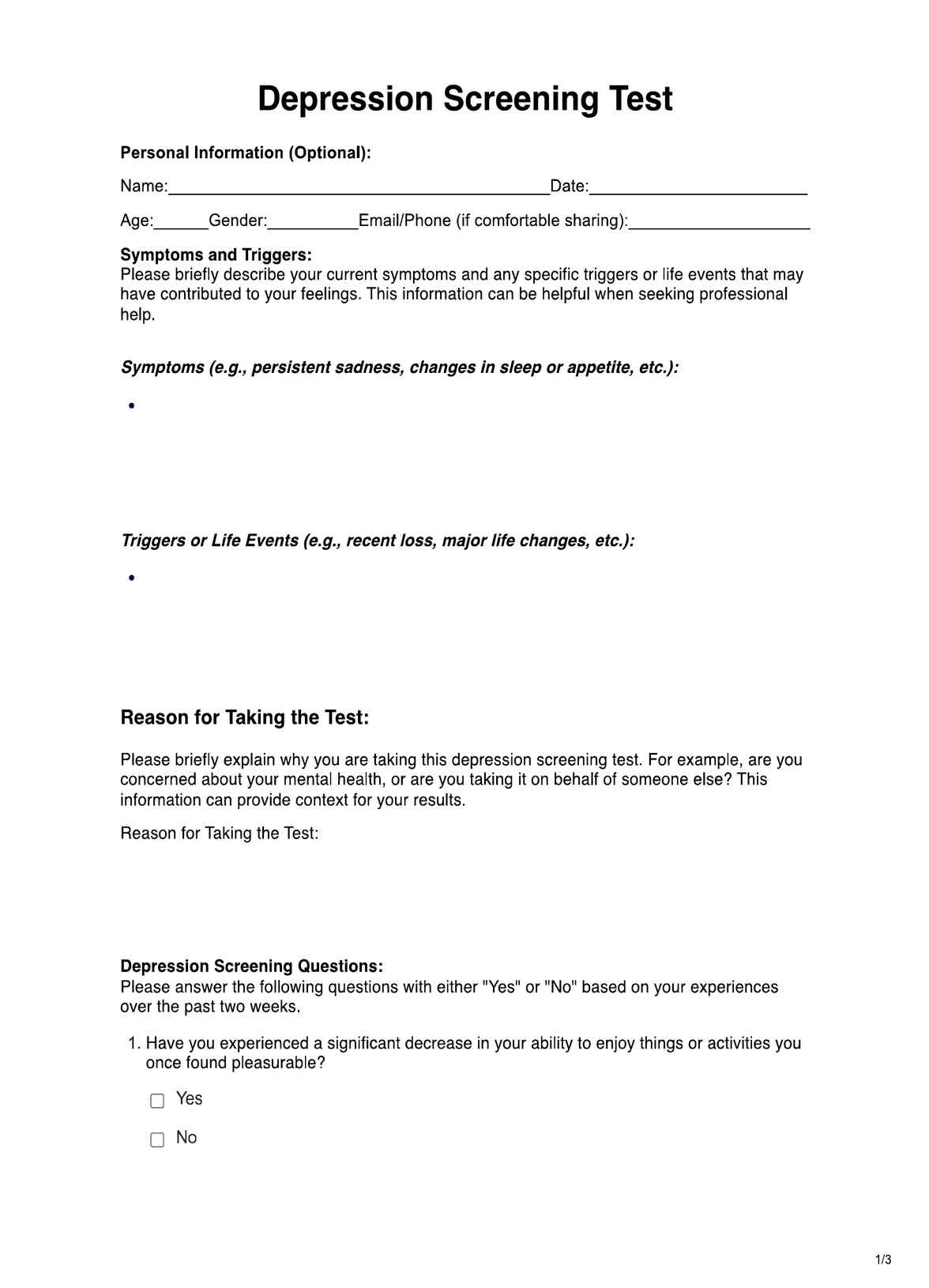
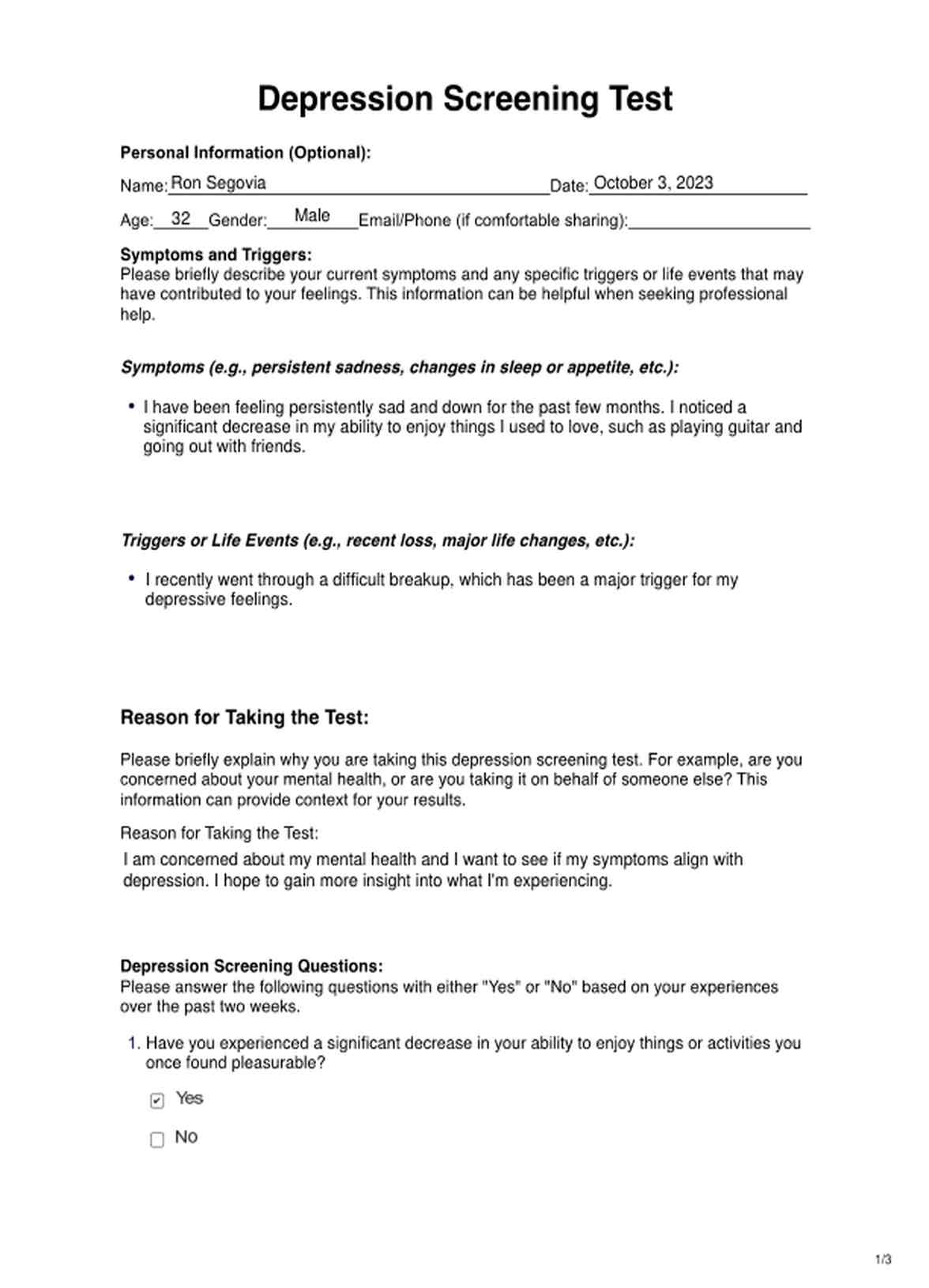















-template.jpg)





















































































